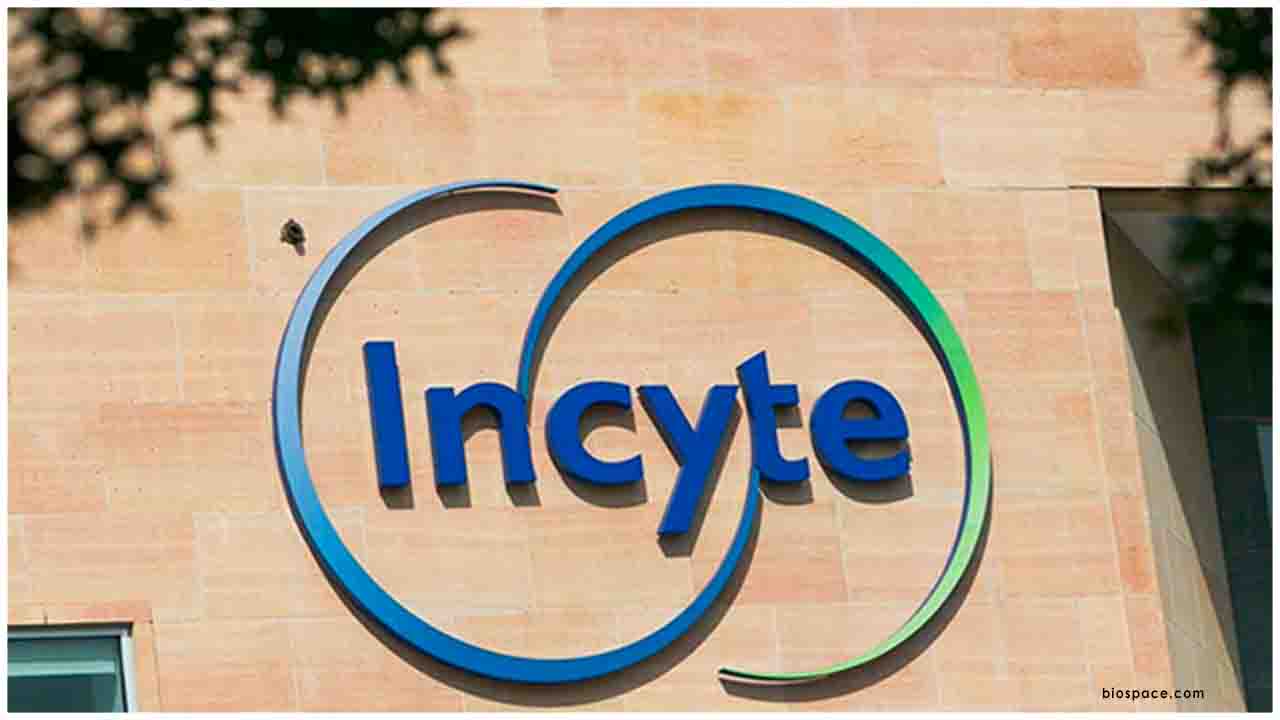Incyte announced that the Phase 3 RUXCOVID study evaluating the safety and efficacy of ruxolitinib (Jakafi), a JAK1/JAK2 inhibitor, plus standard-of-care (SoC) as a treatment for patients 12 years and older with COVID-19 associated cytokine storm did not meet its primary endpoint. Initial data show that there was no reduction in the proportion of patients receiving ruxolitinib plus SoC who experienced severe complications including death, respiratory failure requiring mechanical ventilation or admission to the intensive care unit (ICU) care by Day 29, compared to SoC treatment alone (12.0% vs. 11.8% [OR: 0.91 [95% CI: 0.48-1.73], P=0.769, respectively).
In addition, there was no clinically relevant benefit observed among secondary and exploratory endpoints, including mortality rate by Day 29 and time to recovery, defined as the first day a patient met the criteria for category 0 (Uninfected – No clinical or virological evidence of infection), 1 (Ambulatory – No limitation of activities), or 2 (Ambulatory – Limitation of activities) on the 9-point ordinal scale1. Ruxolitinib was generally well tolerated and no significant safety concerns were identified. A comprehensive analysis including safety data is ongoing. The results of this study do not affect other ongoing non-COVID-19 related ruxolitinib clinical trials or approved uses of ruxolitinib.
“Given the urgent nature of the COVID-19 pandemic and the need for treatments for patients hospitalized with severe COVID-19 associated cytokine storm, the results of the RUXCOVID study are disappointing,” said Steven Stein, M.D., Chief Medical Officer, Incyte. “However, we hope that these findings will contribute to the scientific understanding of this complex disease and to the collective efforts of the biopharma industry to find solutions that improve outcomes for patients with COVID-19.”
The RUXCOVID study is complete. The data will be further analyzed to determine any potential impact on other studies of ruxolitinib in patients with COVID-19, and will be submitted for publication.
Ruxolitinib (Jakafi) is approved by the U.S. Food and Drug Administration for the treatment of polycythemia vera (PV) in adults who have had an inadequate response to or are intolerant of hydroxyurea, in adults with intermediate or high-risk myelofibrosis (MF), including primary MF, post-polycythemia vera MF and post-essential thrombocythemia MF and for the treatment of steroid-refractory acute GVHD in adult and pediatric patients 12 years and older. It is marketed by Incyte in the United States; ruxolitinib (Jakavi) is licensed to Novartis ex-U.S.
Cytokine storm is a severe immune overreaction that can be triggered by a viral infection and can lead to serious complications, including pneumonia and acute respiratory distress syndrome (ARDS). Patients with COVID-19 associated cytokine storm who experience these complications often require intensive care, including intubation and the use of mechanical ventilation, and are at an increased risk of mortality. RUXCOVID study patients were selected based on having pulmonary infiltrates, elevated respiratory rate or hypoxemia.
RUXCOVID was a global, randomized, double-blind, placebo-controlled, 29-day, multi-center Phase 3 study evaluating the efficacy and safety of ruxolitinib plus standard of care (SoC) therapy in patients aged ≥12 years with COVID-19 associated cytokine storm compared to placebo plus SoC therapy. The study enrolled 432 patients globally, and randomization was stratified by geographic region.
The primary endpoint was the proportion of patients who died, or developed respiratory failure and required mechanical ventilation or required intensive care unit (ICU) care by Day 29. Secondary endpoints were various efficacy assessments including evaluation of clinical status using a 9-point ordinal scale; in-hospital outcomes (mortality rate; proportion of patients requiring mechanical ventilation; duration of hospitalization, ICU stay, supplemental oxygen, invasive mechanical ventilation); change in the National Early Warning Score (NEWS2); change in SpO2/FiO2 ratio; proportion of patients with no oxygen therapy (oxygen saturation of ≥94% on room air); and safety.
Eligible patients were randomized 2:1 to receive oral ruxolitinib 5mg twice daily (BID) or oral-matching placebo for a total of 14 days. Study treatment was given in combination with SoC therapy according to the investigator’s clinical judgement. After 14 days of therapy, if clinical signs or symptoms did not improve or worsen, and the potential benefit outweighed the potential risks, patients could receive an additional 14 days of study therapy. In total, patients were followed on study for 29 days post-randomization.

 The data will be further analyzed to determine any potential impact on other studies of ruxolitinib in patients with COVID-19, and will be submitted for publication
The data will be further analyzed to determine any potential impact on other studies of ruxolitinib in patients with COVID-19, and will be submitted for publication










.jpeg)








.png)
.png)

.png)
.png)
.png)

.png)
.png)
.png)

.png)
.png)